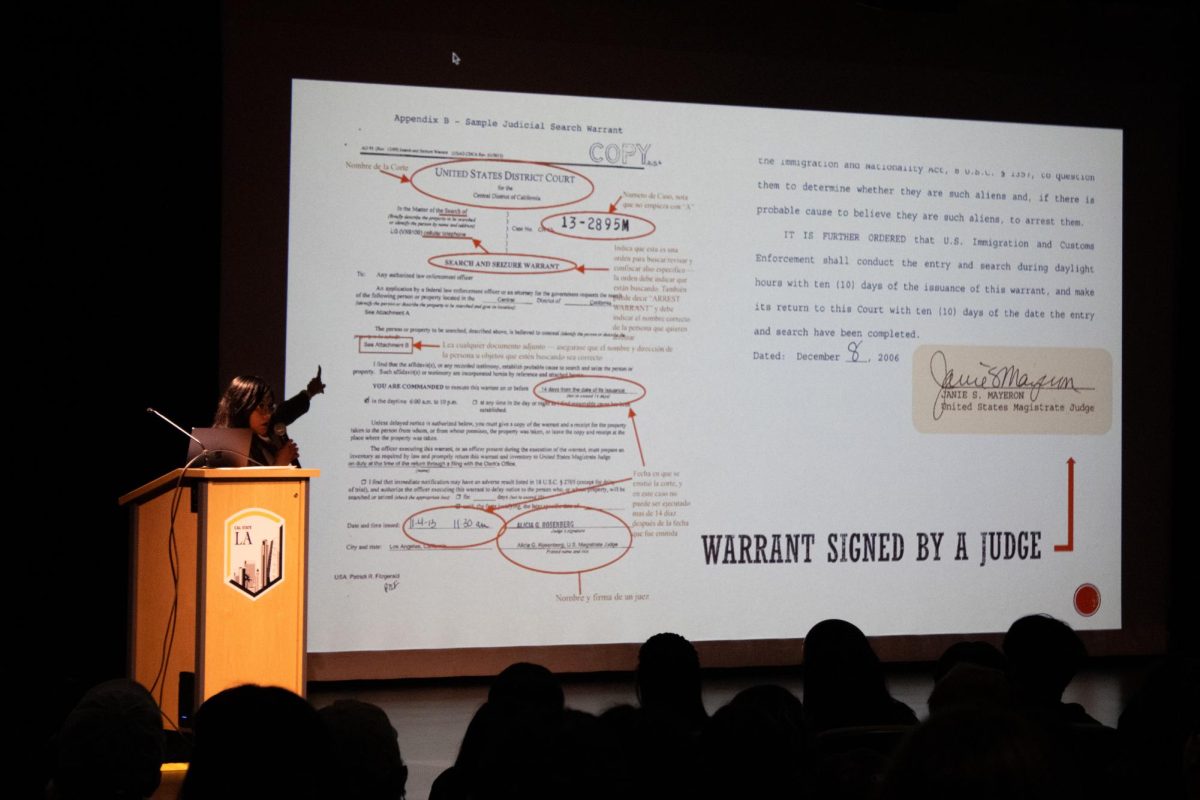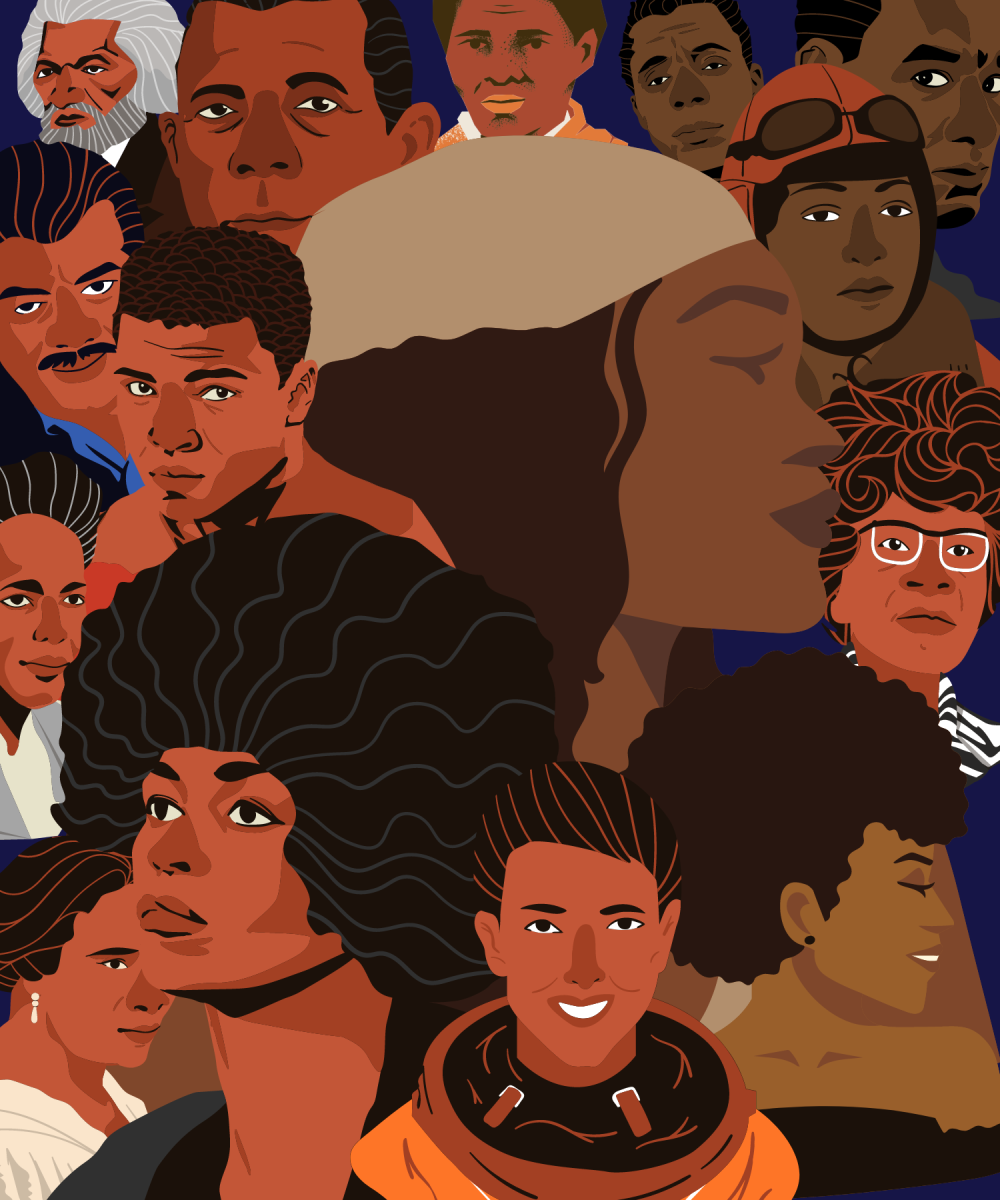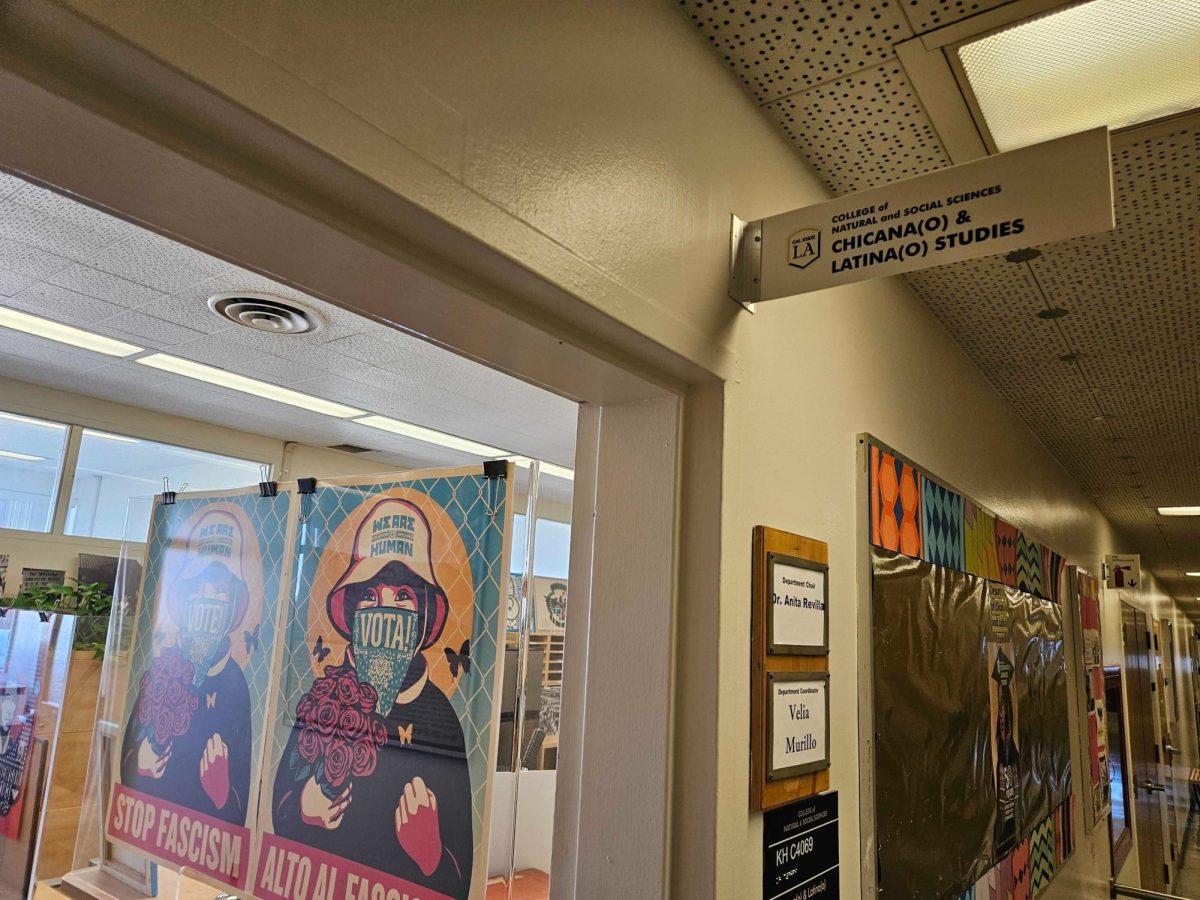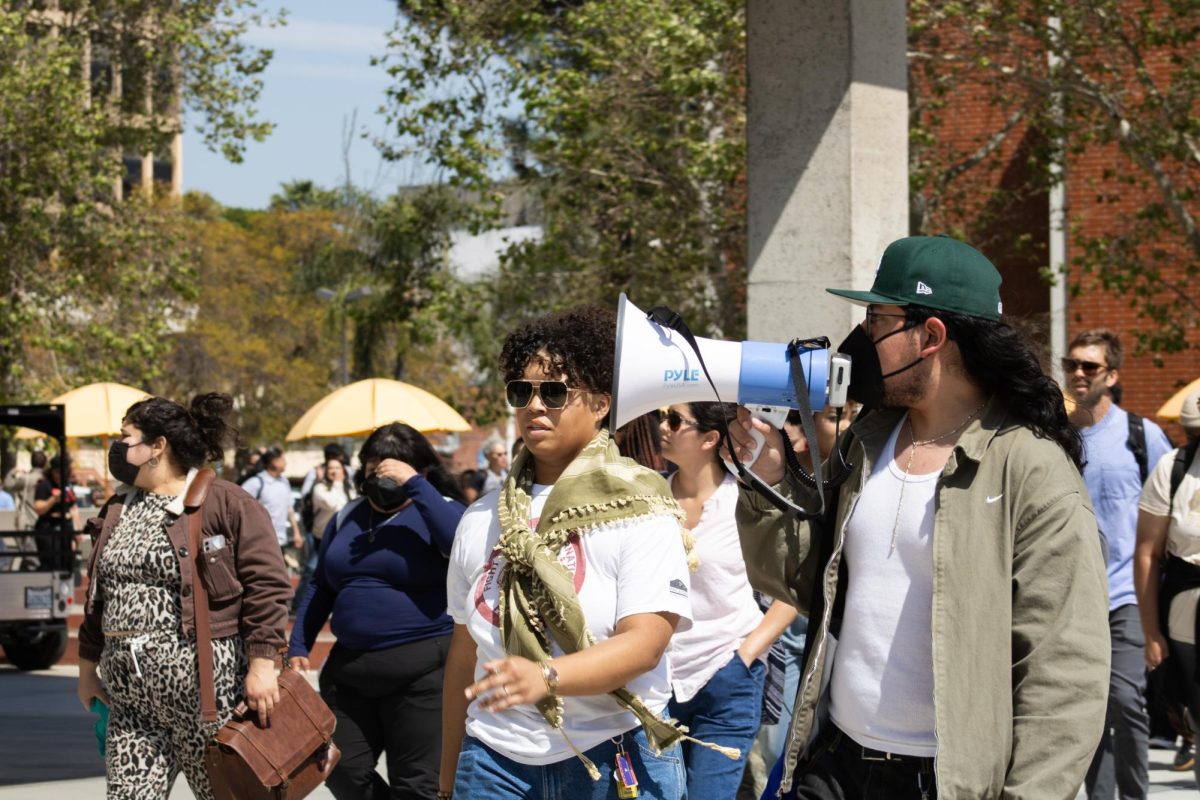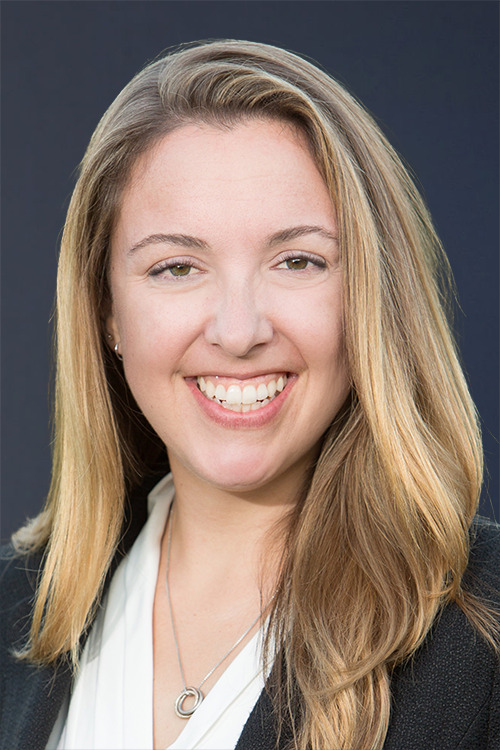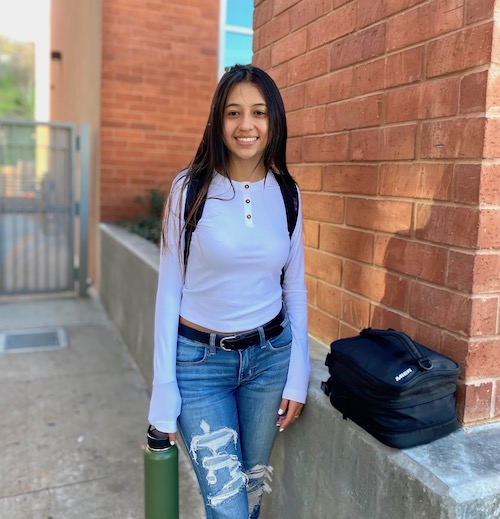
For Judith Soto, a DACA student, the uncertainty of crossing the border as a child was matched by few other moments in her life. One of those is when Donald Trump was elected in 2016.
“I remember feeling like it was the start of a bad ending,” Soto said. “I walked out of my class and cried because I didn’t know what this meant, but I knew he was capable of tearing my family apart and destroying my dreams.”
There are roughly 643,560 current DACA recipients in the United States as of March 31, 2020, according to the U.S. Citizenship and Immigration Services (USCIS).
DACA, or Deferred Action for Childhood Arrivals, was created to protect qualifying undocumented immigrants who came to the United States as children from deportation and to provide them with work authorization. It’s possible to get it renewed every two years, according to the National Immigration Forum. DACA was implemented during the Obama administration in 2012.
DACA students, also called Dreamers, come to the U.S. from over 150 different countries around the world, but 80% of them were born in Mexico, according to the USCIS.
Overcoming educational hurdles
Soto is one of those Dreamers. She began her journey to the U.S. from Mexico with family friends when she was 5 years old.
Her family was awaiting her arrival in the city of El Monte. Her dad had found a place to live and a job and sent for his family.
“Basically, he just wanted to create a better life for my siblings and I. They loved Mexico but they did it for us,” she said.
Her educational journey began in the U.S. where she attended schools in the San Gabriel Valley.
“I had trouble learning English in elementary, so it caused me to fall behind in most subjects besides math,” said Soto, adding that high school was smoother.
She was 15 when she applied for DACA.
“Applying for DACA for the first time is a long process. USCIS requires a lot of information before processing your application and accepting it. It is also a financial burden, considering it has to be renewed every two years and is [almost] $500 to renew,” Soto said.
She said she’s thankful she was approved: “It gave me the opportunity to work and go to school just like any American citizen.”
She said the biggest challenge she faces is not qualifying for financial aid as a Dreamer. Her dad, who works in garage door services, has managed to pay her tuition at Cal State LA so far.
As a first generation college student, Soto’s experience navigating the world of higher education was rough at times.
“Throughout my college experience, I basically did everything on my own,” she said. “I have always been scared to ask for help from others. No one in my family was able to help me either since I’m a first generation.”
But she persevered: “I wanted to prove to myself that I was capable of accomplishing higher education and wanted to earn a title for myself and my family.”
Fears set in as Trump is elected
Then, Trump was elected. Within a year, his administration announced that it was ending DACA.
She was home when her dad told her the news. Questions raced in her head.
Will all my opportunities be taken from me, even when I know this country more than my own?
What about my siblings? Would they lose their opportunities?
She worried about other DACA recipients, friends and strangers, with dreams like hers.
Overwhelmed with anxiety, Soto confided in her best friend, Domenique Perez, and her parents.
“If you leave for Mexico, I’m leaving with you,” Perez recalled telling Soto.
Her parents chimed in, too.
“Lo que pase, estaremos juntos y felices,” Soto recalled her parents saying. “No matter what, we will be together and we’ll be happy.”
Judge’s ruling brings hope
Soto started having hope when she learned of lawsuits filed against the administration over DACA and the U.S. Supreme Court stepped in, agreeing to review the litigation.
The Supreme Court ruled in favor of DACA recipients in June, ruling that the Trump Administration unlawfully ended the program, according to Informed Immigrant, which provides information about immigration.
However, the Trump administration decided to, among other things, reject all new first-time requests for DACA and change DACA renewal protection from two years to one year.
In a court ruling last week, U.S. District Judge Nicholas Garaufis in Brooklyn ordered the Trump administration to accept new DACA applications and to reinstate two-year instead of one-year permits for qualifying applicants.
That and Joe Biden’s election have provided relief for Soto and Dreamers like her.
Soto, a psychology major who is now working as a behavior consultant for special needs folks, said she looks forward to graduating in the Spring of 2021 and aspires to one day become a psychiatrist or therapist.
After graduating, she said she wants to work and save up for graduate school.
Her advice for other Dreamers is to avoid her mistake: Don’t be afraid to ask for help.
“There are too many resources for us to not take advantage of,” she said. “Don’t let setbacks hold you back or feel like you’re not capable of accomplishing higher education just because you were born somewhere else. Intelligence and hard work always comes from within.”







